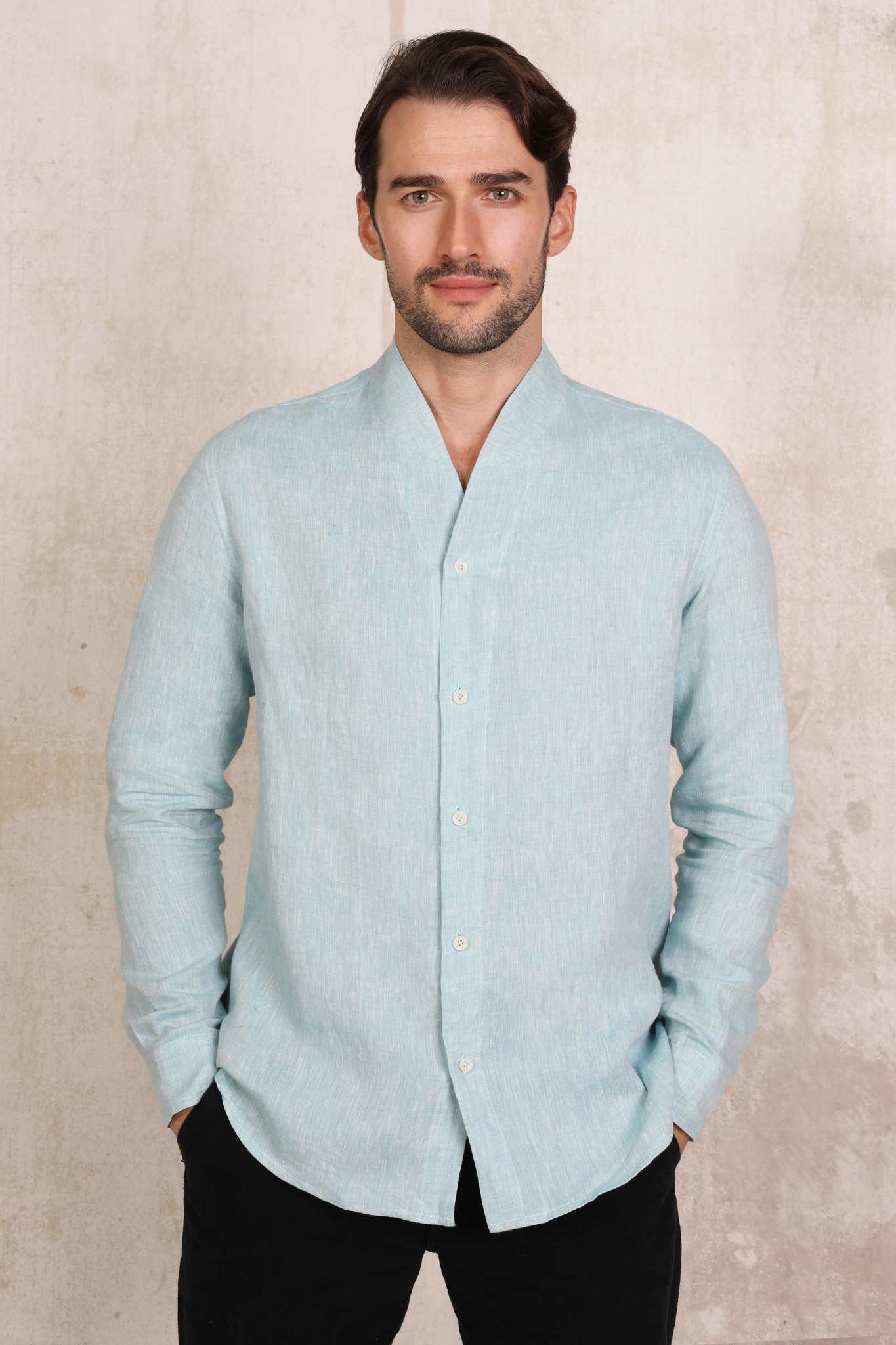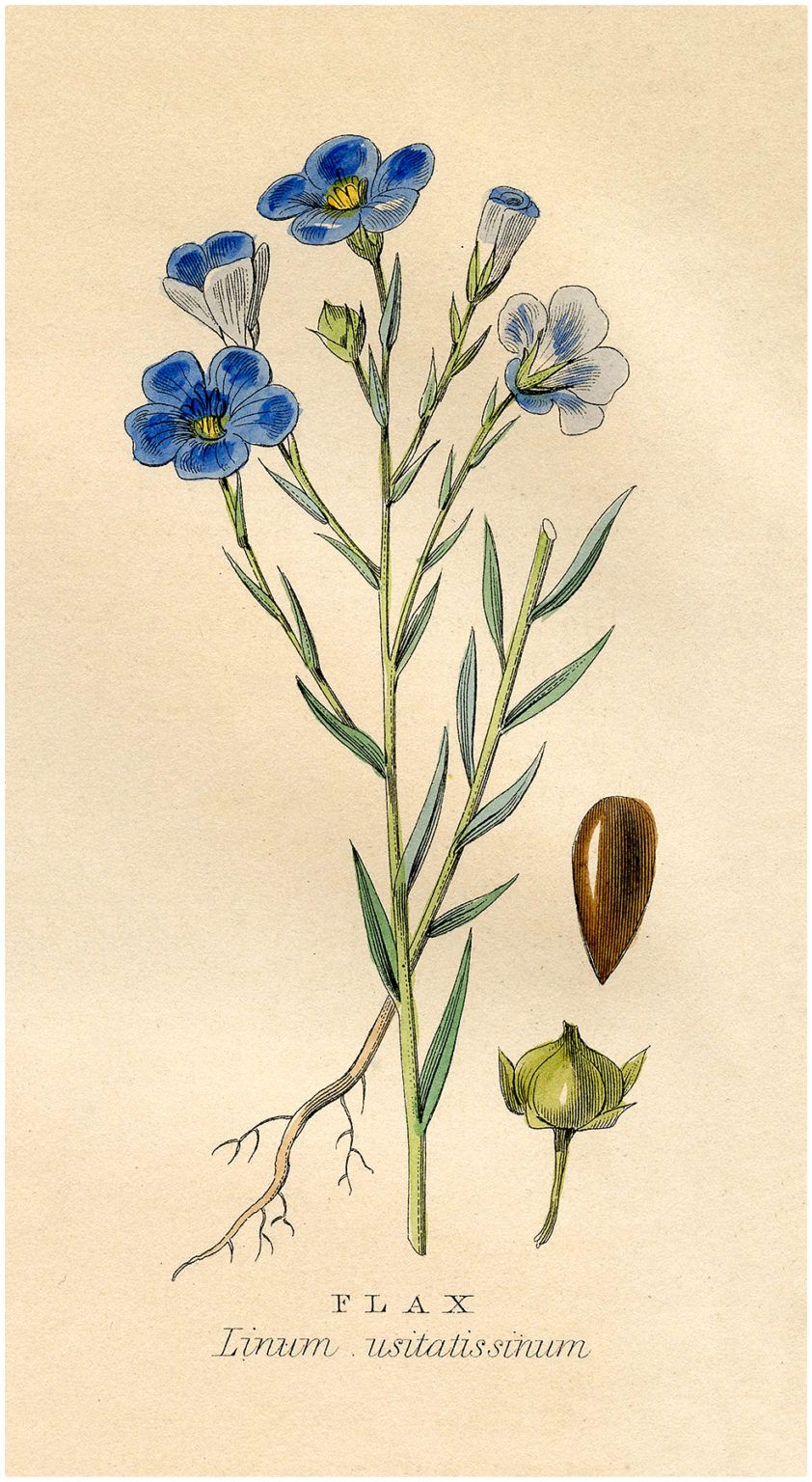Article: Linen Shirts: The Ultimate Blend Of Stylish And Sustainable
Linen Shirts: The Ultimate Blend Of Stylish And Sustainable
It’s no secret that the fashion industry’s main priority is rarely sustainability. Fast fashion has become the norm, discouraging sustainable manufacturing processes, reusing, and recycling. That being said, there are still some gems within the industry that pave the way for sustainable fashion. One of these gems is linen. Linen shirts, in particular, are a stylish yet effective way to support and encourage the growth of sustainability. In this post, we’ll go over the primary factors that make linen shirts so crucial for the future of fashion.

What Makes Linen Shirts Sustainable?
Linen shirts are a high-quality, sustainable alternative to most shirts on the market. Their sustainability and quality are nearly unparalleled in a market dominated by synthetic fibres, such as polyester. We’ve compiled a list of the primary reasons why linen shirts are sustainable to explain why linen is imperative for a more sustainable future.
Linen Shirts Are Biodegradable
Some resources have the ability to decompose naturally without impacting the environment. This is hugely important for the growth of sustainable fashion. Currently, many popular materials within the industry aren’t biodegradable, making them less sustainable and considerably more harmful to the environment. Polyester is a prime example of a non-biodegradable, unsustainable material. A standard polyester shirt will take several decades—if not more—to decompose. Yet, due to its ease of manufacture and quick turnaround, polyester has become incredibly prevalent in the industry, accounting for approximately half of the global fibre market.

Linen shirts steer clear of this sustainability issue. Derived from the fibres found in the stems of the flax plant, linen is an entirely organic fabric. This means that it’s biodegradable and will decompose naturally from bacteria, organisms, and other similar means, making it an integral component of sustainability within the fashion industry. Compared to the mentioned decomposition time of polyester shirts, pure linen shirts decompose in around two weeks.
Flax Is A Renewable Resource
Most biodegradable resources are also renewable, and linen is no exception. Because it comes from the fibres of the flax plant and has little or nothing added to it, linen is a fully renewable resource. Put simply, a renewable resource is one that can act as a continuous supply or source of material or energy—with no negative impact on the environment. Renewable resources represent the epitome of sustainability, and since linen is derived from flax, it is entirely renewable. Another example of a renewable resource used in garment manufacturing is bamboo. Both linen and bamboo provide soft and durable shirts; however, linen shirts are widely regarded as more breathable than bamboo-made shirts.

Many of the most prominent fibres in garment manufacture are non-renewable. Polyester, rayon, and nylon are all examples of non-renewable resources yet account for the majority of the fibre market. Purchasing responsibly-sourced linen shirts is a fantastic way to help overcome this synthetic plague.
No Pesticides Are Used
It could be argued that pesticides are one of the biggest threats to the survival of humanity. It goes far beyond the fact that about 30% of global emissions are agricultural-related (a large part of that being pesticides). Pesticides are—as the name suggests—used to kill and deter ‘pests’ from crops and, therefore, include many harmful chemicals. However, keep in mind that the crops that pesticides are being used to ‘protect’ are also largely consumed by people.
During the production of linen shirts, and other linen garments, the use of pesticides is minimal. This is because flax (the plant grown and harvested to manufacture linen) is naturally pest-resistant; farmers don’t need to use pesticides on the crops. This is majorly important for sustainable, eco-friendly fashion.
Low-Waste Production
A little-known fact is that the production of linen shirts results in little or no waste due to the fact that the entire flax plant can be woven into a fibre. Low-waste production is highly valued within any industry as it typically provides a greater ROI (return on investment) and—more importantly—is considerably more sustainable. Combining low-waste production with biodegradable elements gives you a fantastically sustainable product: linen.

When purchasing linen shirts with sustainability in mind, it’s essential to consider the dyeing processes of the brand or company selling them. Different dyes and dyeing procedures have different environmental implications, as some of them produce waste and use large amounts of water, while others keep these factors to a minimum. Keep an eye out for brands that openly prioritise sustainability and low-impact dyes.
Linen Shirts Are Durable And Long-Lasting
Unfortunately, the idea of durability and timelessness has been warded off by the prominence of fast fashion, and many people are constantly replacing their low-quality shirts or cycling through their wardrobes every season. It isn’t solely down to the manufacturers to ensure sustainability—it’s also down to the consumer. Purchasing masses of low-quality, non-durable shirts is incredibly unsustainable. Therefore, to shop responsibly and sustainably, look for brands that focus primarily on providing high-quality, durable shirts of a responsibly-sourced, sustainable fabric, such as linen. A well-made linen shirt will outperform a low-quality polyester shirt in every aspect, including longevity.
Support Sustainable

Shopping sustainably isn’t always easy, particularly considering the lack of transparency within the industry in the current climate. However, there are still some gems within the market—brands that provide luxury linen shirts that are timeless in design and unmatched in craftsmanship; M’Essentiel is one of these. M’Essentiel provides durable, practical linen shirts of the highest quality for any man wanting to support and encourage sustainability while maintaining his style.

